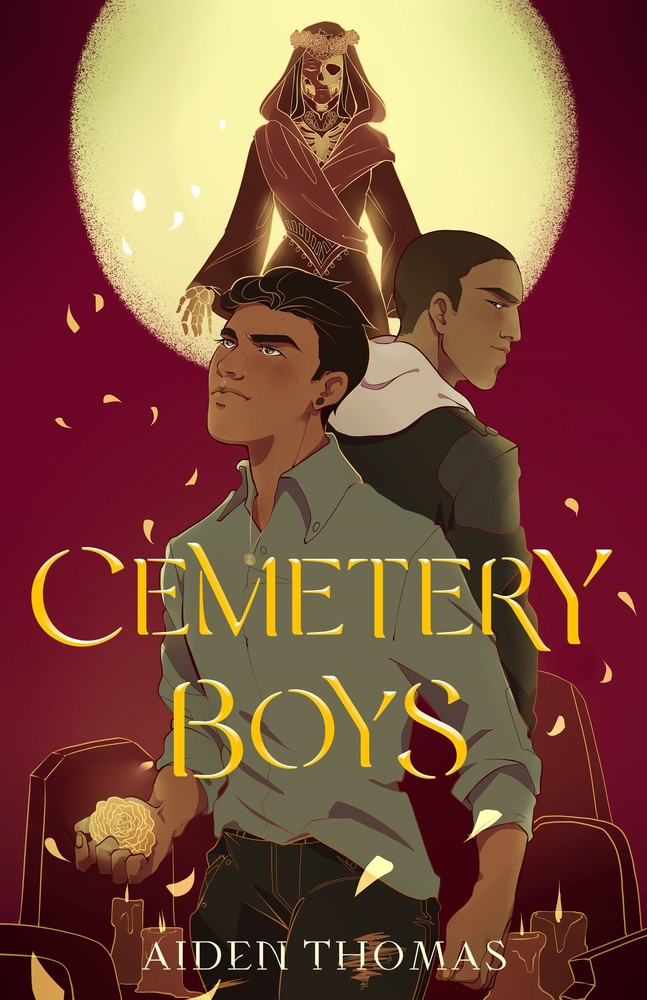Critipeg: Cemetery Boys
Aiden Thomas, 320 pages, Macmillan Publishers, September 2020

Supplied photo
Aiden Thomas’ debut novel is a rarity in young-adult queer fiction: the tensions and narrative of the story do not revolve around coming out, and it includes a cast of largely queer characters. Cemetery Boys centres the experience of teenage brujo Yadriel in a creepy tale blending murder mystery and magical realism.
While Yadriel has to fight to be recognized by his traditional Latinx family as a brujo, the focus remains on whether he can solve his cousin’s murder and how he can hide Julian, the ghost he mistakenly summoned.
The story takes place in Los Angeles in Yadriel’s traditional Latinx family, many of whom pass along the powers of brujx, witches or sorcerers who have healing powers and a strong connection with the deceased. The timing around Día de Muertos makes the brujx culture all the more relevant, and it also provides contrast between what is modern and what is traditional.
The culture around Día de Muertos is an intrinsic part of the narrative. Preparations for the event constantly interrupt Yadriel and his cousin Maritza in their attempts to solve the murder, and the prevalence of ofrendas, as well as the brujx coming-of-age rituals, are integral to the story. Pan de muerto and pozole are mentioned in mouth-watering description alongside other traditional Mexican dishes.
While Yadriel is proud of his family’s heritage and keen to identify as a brujo, he is simultaneously hyper-aware of the need to keep his powers a secret from his high-school peers.
Yadriel’s non-brujx Latinx classmates have problems other than ghosts: their friends go missing and remain unreported, they live in poverty and have to figure out how to take care of one another with abusive, absent or unreliable parents. While the resolution of the story doesn’t do much to change this reality, it does highlight the importance of a chosen family, a concept that is typically important to the queer community.
Yadriel is a relatable protagonist, awkward yet determined to be himself. His gender identity isn’t the main focus of the novel, but neither is it glossed over with unrealistic debonairness. Several characters read Yadriel as female, and he endures the emotional labour of correcting them.
Not all trans-related experiences are negative, however. A scene in which Yadriel struggles to put on a chest binder after the shower is comically relatable, and Yadriel clearly rocks his torn black jeans and a sharp fade. While the prose at times feels a bit on the nose, it reflects the uncensored, honest way a 16-year-old might speak, and is in turn over-the-top emotional and at other times downright hilarious.
While the novel is written in English, Spanish terms appear regularly in the text without translation. This is not a mistake. Rather, Thomas centres a Latinx experience by asking non-hispanophone readers to make the effort to understand, either by context or through research.
The most dynamic scenes are the ones in which Julian and Yadriel argue. The tension between life and death, a theme that permeates the novel, is most evident in Julian’s vibrant personality and Yadriel’s tendency to keep to himself. Together with Maritza, the three make a team that’s hard not to root for.
Published in Volume 75, Number 09 of The Uniter (November 12, 2020)







